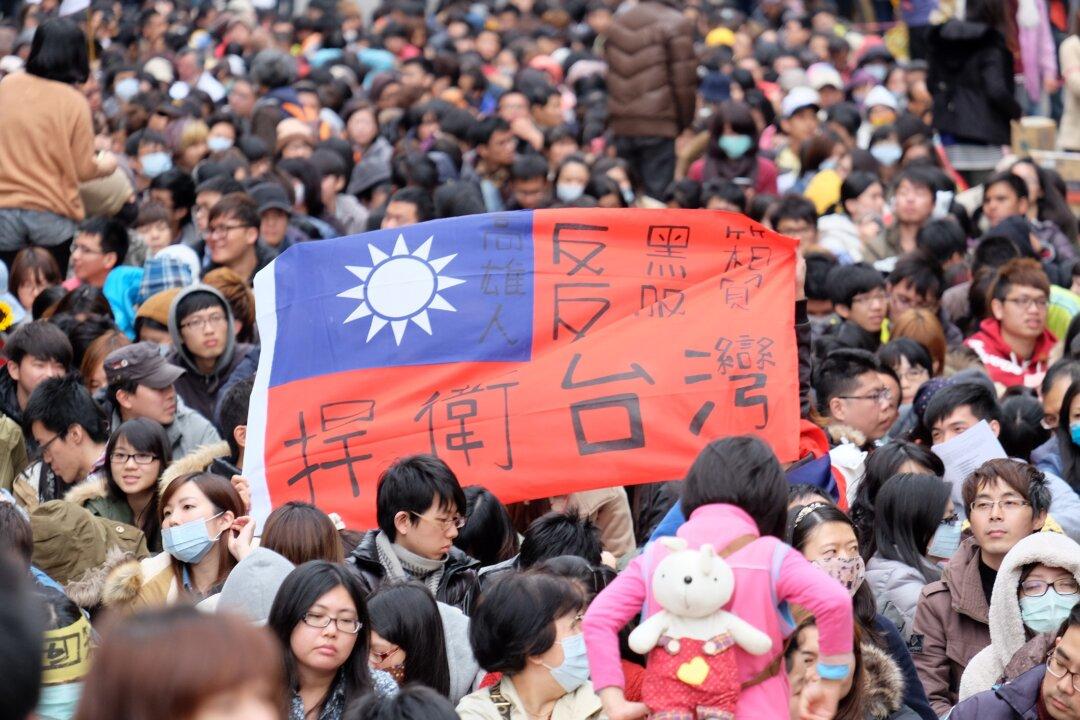TAIPEI—Taiwan is investigating two executives at a Hong Kong-listed company on suspicion of violating the country’s National Security Act, prosecutors said on Nov. 26, after they were named in a report about Chinese meddling.
The company, China Innovation Investment Ltd., said on Monday executive director Xiang Xin and alternate director Kung Ching had been stopped at Taipei’s main airport and asked to cooperate in a probe into Australian media reports about Chinese interference in Hong Kong and Taiwan.





